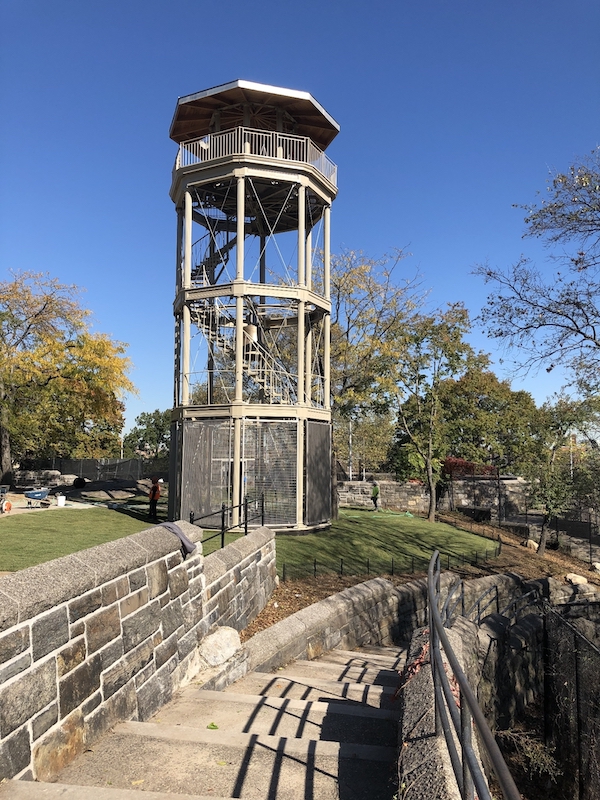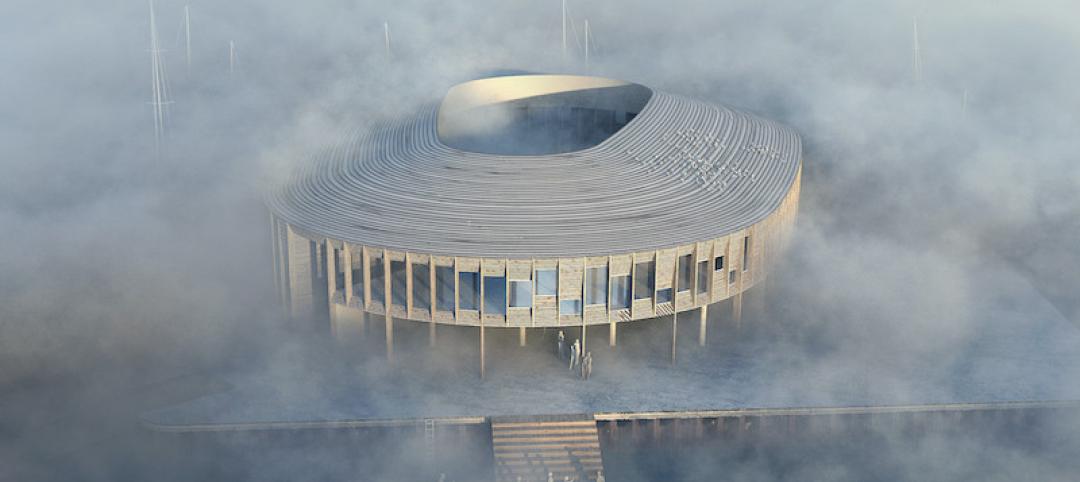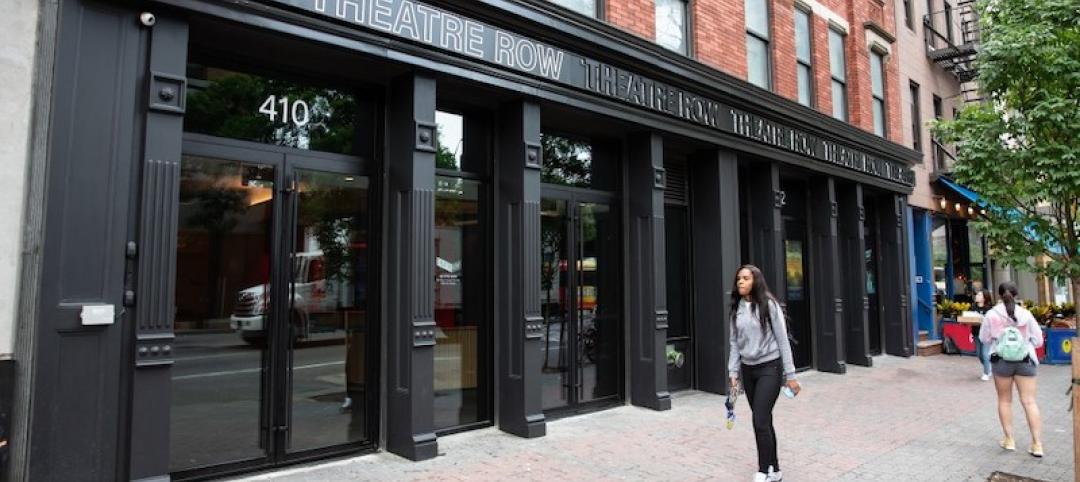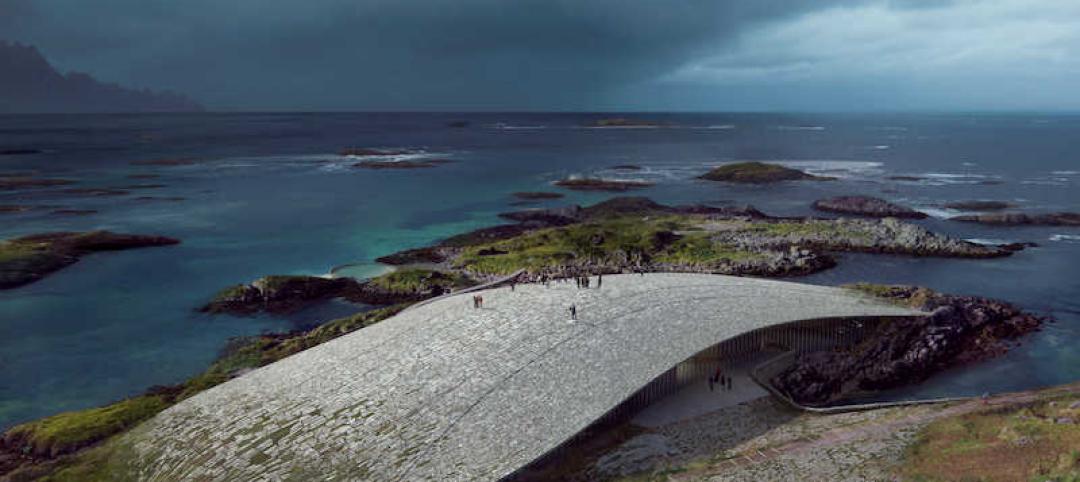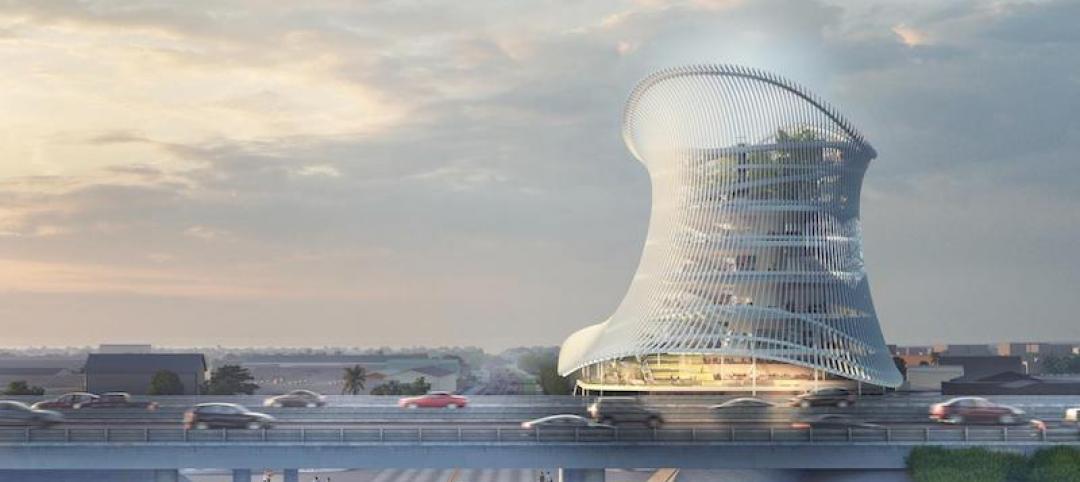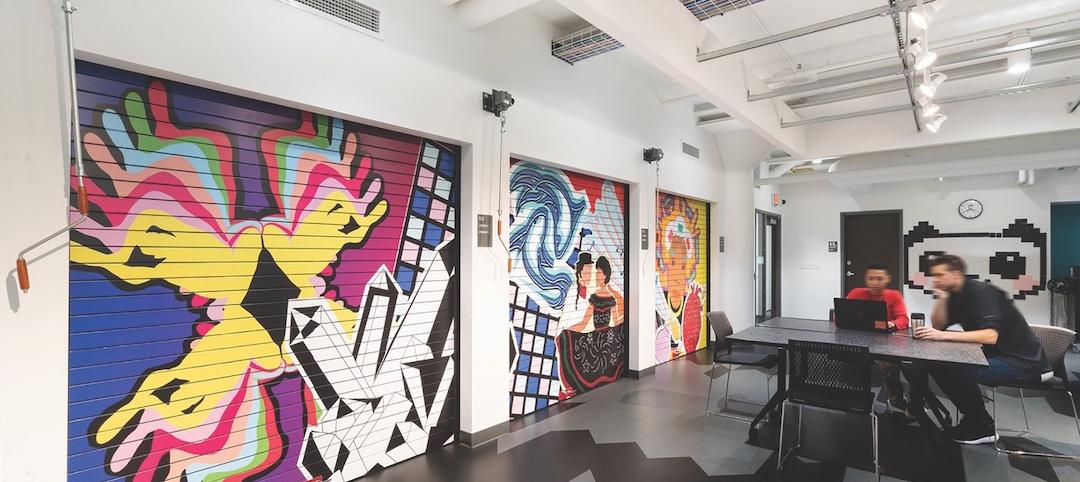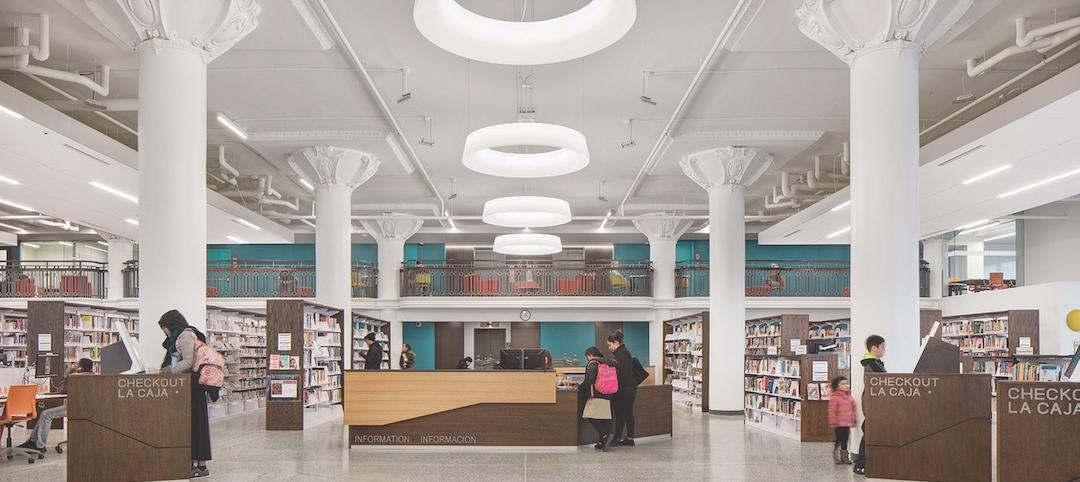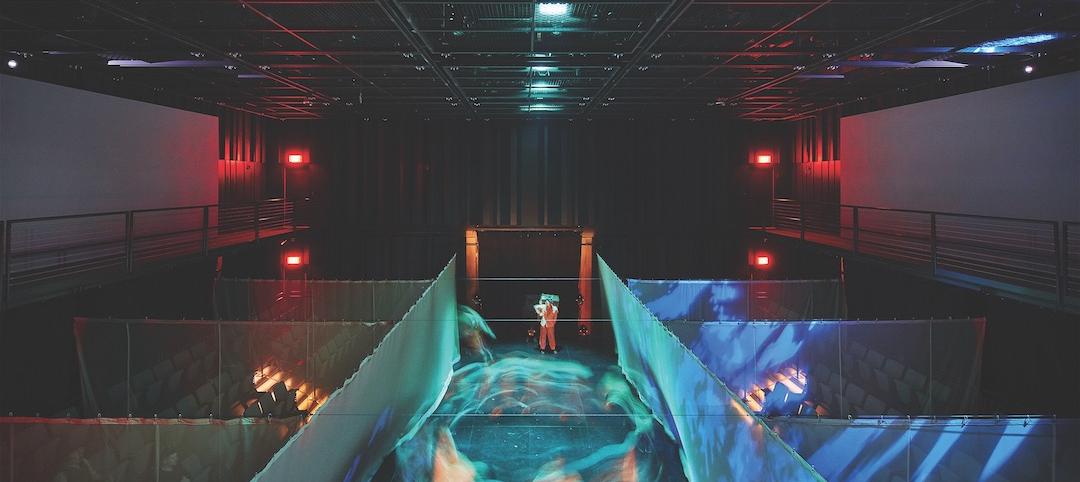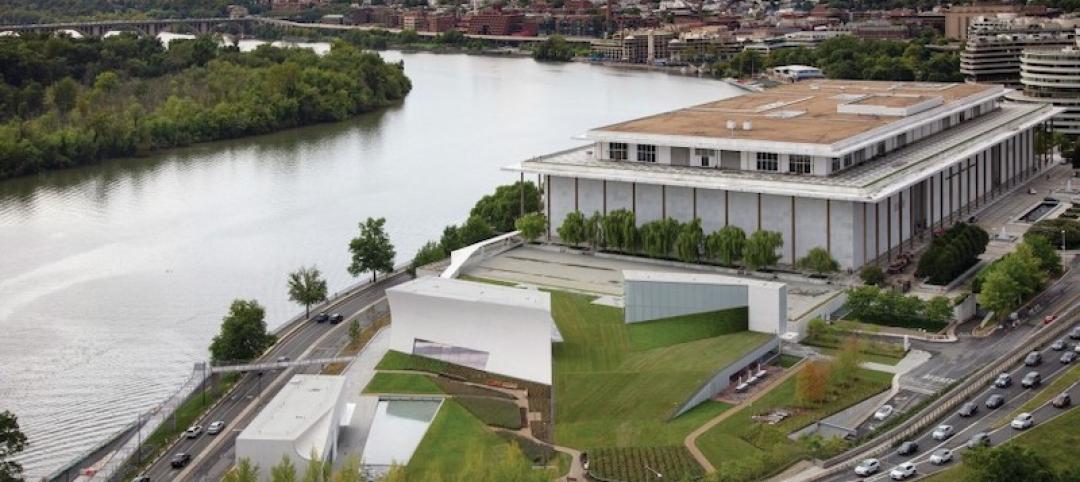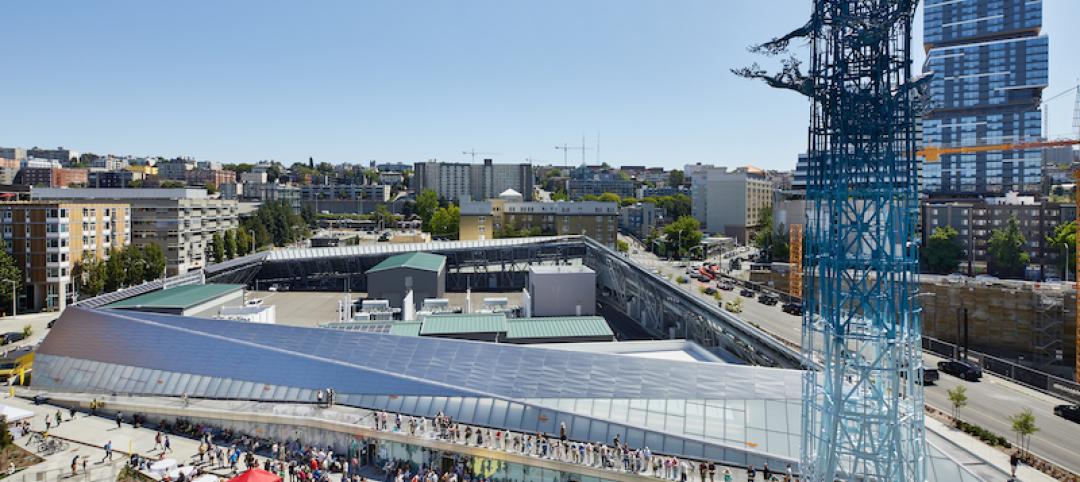In the 1800s, firefighters in New York City watched over their communities perched from cast-iron watchtowers that dotted the metro, and rang bells in those towers to alert nearby fire companies.
Pull boxes for fire alarms rendered the towers obsolete in the 1870s, and over the decades those structures fell into disrepair and near collapse. One of the structures—the Harlem Fire Watchtower, the third such tower in the city, built in 1856 within Mount Morris Park (renamed Marcus Garvey Park in 1973), and deemed a NYC Landmark by the National Register of Historic Places in 1967—has been restored and reconstructed, thanks to the activism of Harlem’s community.
City officials retained the engineering firm Thornton Tomasetti to reconstruct the watchtower. Its restoration design included structural assessment, historical documentation, and a finite element analysis of the cast-iron structure.
Elements of the watchtower’s cast iron structure that analysis deemed too deteriorated for reuse were replicated. The old structure failed under wind load tests, and required interventions to satisfy structural and historic preservation goals. The reconstruction included a new bracing system. The historic metals were painted the original color, while supplemental elements were stainless steel.
The tower’s 5,000-lb bell, dating back from 1865, underwent a non-destructive testing that confirmed casting anomalies and micro cracking. The bell was shipped to the Netherlands for brazing to reconstitute its structure.
Using historic photos as its guide, Thornton Tomasetti recreated or restored several of the watchtower’s lost features, such as its copper sheet roof. Landscaping around the tower was modified with ADA-compliant access. Ground-level security screens, a modern twist, nevertheless recall the original enclosure. Lighting protection, concealed within the structure, is incorporated into the roof filial.
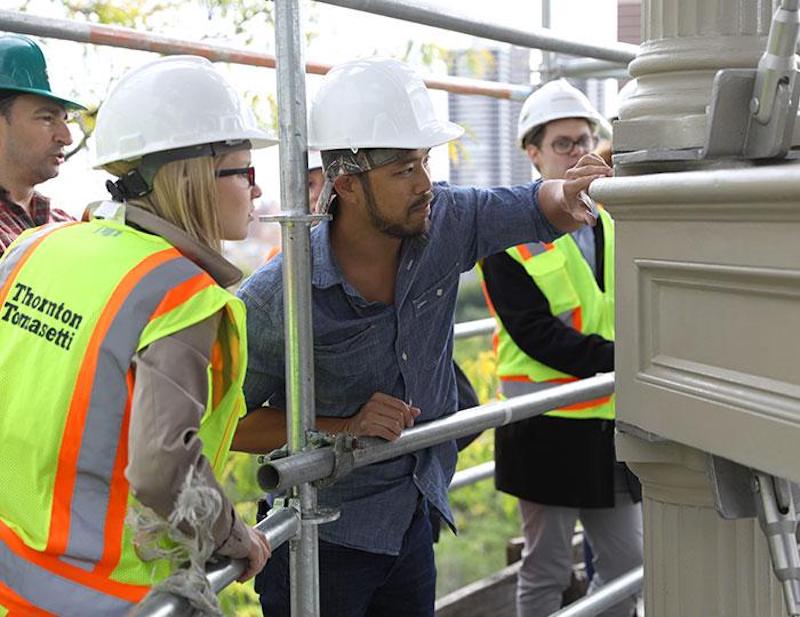
Engineers from Thornton Tomasetti inspect a portion of the Harlem Fire Watchtower.
The city’s Landmarks Preservation Commission approved the reconstruction of the four-story octagonal watchtower on July 14, 2015. The project’s funding was $7,970,000, and reconstruction began in July 2017. Its Reconstruction Team included the NYC Department of Parks & Recreation (which owns and operates the park), Mueser Rutledge (engineering consultant), Nicholson and Galloway (copper roofing), Allen Architectural Metals (cast iron structure), and Verdin Bell Company.
The reinstalled watchtower was revealed at a ceremony on October 26 at the Acropolis, which overlooks the park. The Marcus Garvey Park Alliance/Public Arts Initiative has requested city funding to install lights and cameras on the Acropolis.
Related Stories
Cultural Facilities | Dec 4, 2019
Snøhetta wins competition to design maritime center in Esbjerg, Denmark
The project’s design was developed with WERK Arkitekter.
Cultural Facilities | Dec 1, 2019
Small-venue theaters play starring cultural and economic roles in New York City’s economy
A new study identifies the challenges these theaters face, and offers possible solutions that include more city support.
Cultural Facilities | Nov 11, 2019
‘The Whale’ will be an arctic attraction 185 miles north of the Arctic Circle
Dorte Mandrup won an international competition to design the project.
Cultural Facilities | Nov 1, 2019
Coldefy & Associés’ design selected for Pulse nightclub shooting memorial
The design was selected from 68 entries.
Giants 400 | Oct 3, 2019
Top 65 Cultural Sector Construction Firms for 2019
Whiting-Turner, Turner, PCL, Clark Group, and Gilbane top the rankings of the nation's largest cultural facility sector contractors and construction management firms, as reported in Building Design+Construction's 2019 Giants 300 Report.
Giants 400 | Oct 3, 2019
Top 70 Cultural Sector Engineering Firms for 2019
Jacobs, Arup, EXP, BRPH, and Thornton Tomasetti head the rankings of the nation's largest cultural facility sector engineering and engineering architecture (EA) firms, as reported in Building Design+Construction's 2019 Giants 300 Report.
Giants 400 | Oct 3, 2019
Top 110 Cultural Sector Architecture Firms for 2019
Gensler, Populous, DLR Group, Stantec, and Perkins and Will top the rankings of the nation's largest cultural facility sector architecture and architecture engineering (AE) firms, as reported in Building Design+Construction's 2019 Giants 300 Report.
Giants 400 | Oct 3, 2019
2019 Cultural Facility Giants Report: New libraries are all about community
The future of libraries is less about being quiet and more about hands-on learning and face-to-face interactions. This and more cultural sector trends from BD+C's 2019 Giants 300 Report.
Cultural Facilities | Sep 11, 2019
The Kennedy Center expands for the first time since its 1971 debut
The REACH, with three pavilions on a generous lawn, adds openness and light to this performance space.
Cultural Facilities | Aug 28, 2019
Seattle’s newest substation doubles as a civic amenity
The Denny Substation includes 44,000 sf of open space that invites local residents and visitors to frequent the complex.


